Neuroscience
-
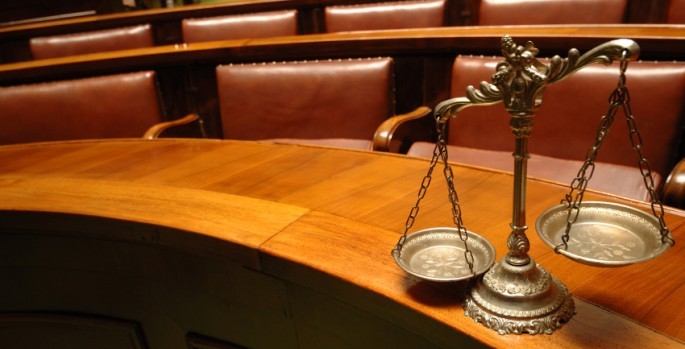
How your brain decides blame and punishment—and how it can be changed
New work by researchers at Vanderbilt University and Harvard University confirms that a specific area of the brain, the dorsolateral prefrontal cortex, is crucial to punishment decisions. Read MoreSep 16, 2015
-
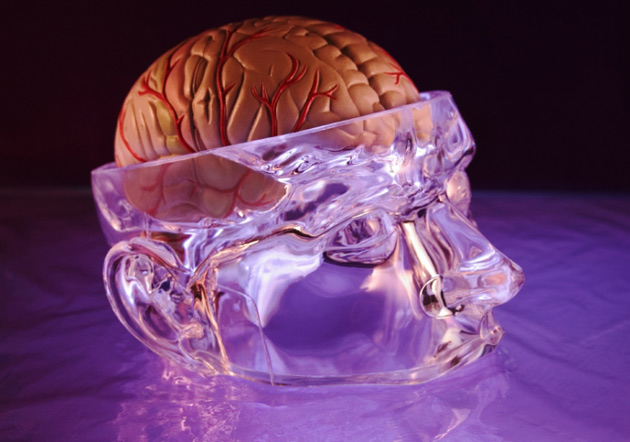
Law and neuroscience research gets $1.4 million in additional grant money
A $1.4 million grant will allow a research network based at Vanderbilt to continue its study of the intersection of neuroscience and criminal justice. Read MoreSep 14, 2015
-
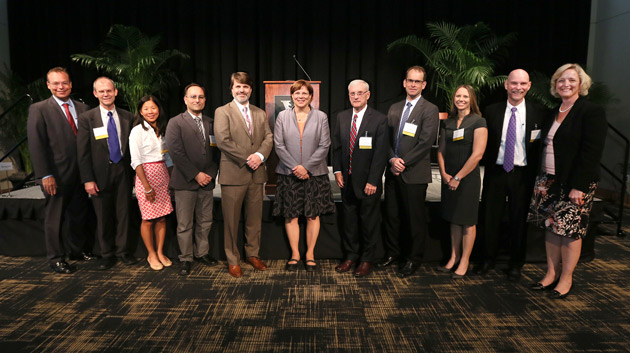
Nine professors honored at endowed chair holder celebration
The extraordinary achievements of nine Vanderbilt endowed chair holders were lauded at a Sept. 8 celebration during which generous donors were thanked. Read MoreSep 9, 2015
-
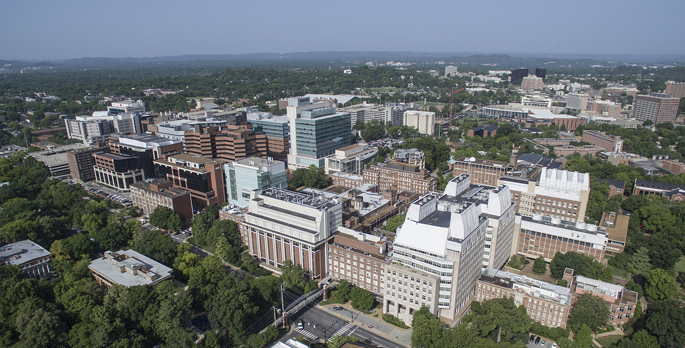
University-wide limited submission opportunity: Simons Foundation
Vanderbilt may nominate two candidates for the Simons Investigators in the Mathematical Modeling of Living Systems award. Read MoreSep 4, 2015
-

A little jolt helps the brain get back on track
Applying mild electrical stimulation to an area of the brain associated with cognitive control helps people with schizophrenia to recognize errors and adjust their behavior to avoid them. Read MoreJul 8, 2015
-
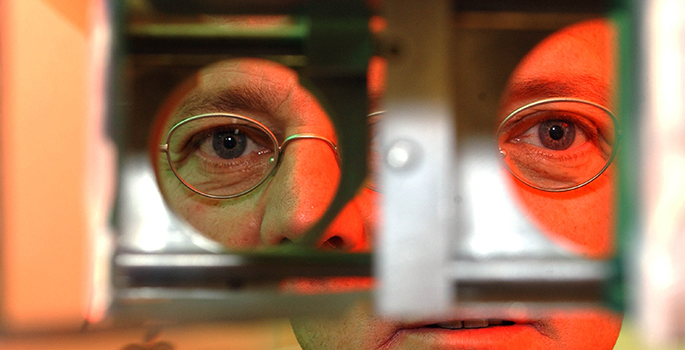
Musicians not only hear in tune, they also see in tune
A new experiment shows that auditory melodies can enhance a musician's visual awareness of written music, particularly when they match. Read MoreJun 17, 2015
-
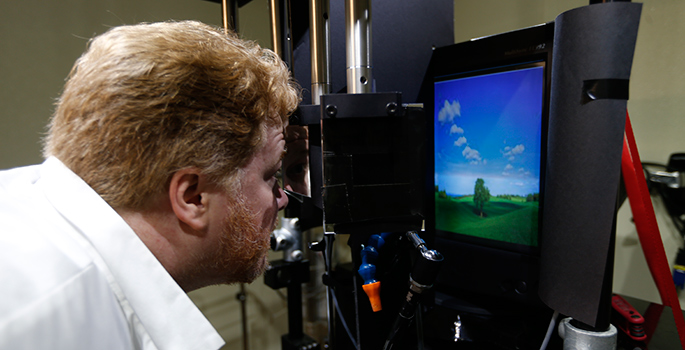
Alex Maier receives Knights Templar Eye Foundation grant
A $60,000 grant will support study of the brain’s involvement in strabismus, or crossed eyes, which can develop into amblyopia, or lazy eye, even when properly treated. Read MoreJun 17, 2015
-
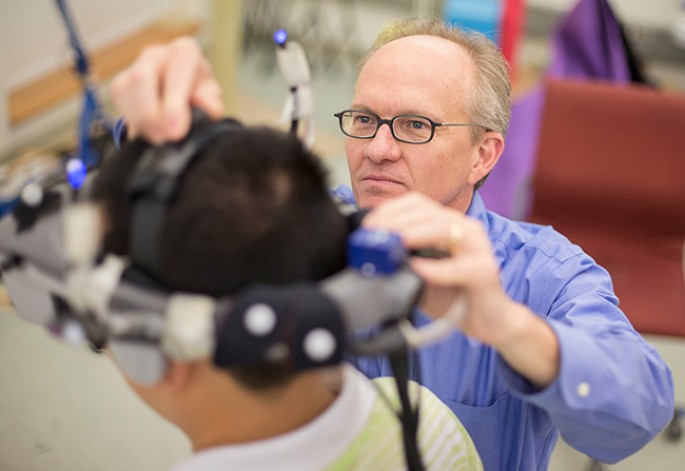
Virtual reality sheds new light on how we navigate in the dark
A series of immersive reality experiments has confirmed that the human brain’s internal navigation system works in the same fashion as the grid cell system recently found in other mammals. Read MoreJun 11, 2015
-

Two Vanderbilt students named American Humanity in Action fellows
Leslie Bruce and Aditya Karhade are among the 43 American recipients of the 2015 Humanity in Action Fellowship. They will join students and recent graduates from universities in nine countries for the Humanity in Action Fellowship program in Europe. Read MoreApr 24, 2015
-

New insight into how brain makes memories
Vanderbilt researchers have identified the role that a key protein associated with autism and the co-occurrence of alcohol dependency and depression plays in forming the spines that create new connections in the brain. Read MoreApr 23, 2015
-

NSF research grant goes to 16 Vanderbilt graduate students
The grant program is aimed at aiding individuals who have demonstrated notable potential early in their research career, as well as promoting diversity in the sciences. Read MoreApr 8, 2015
-
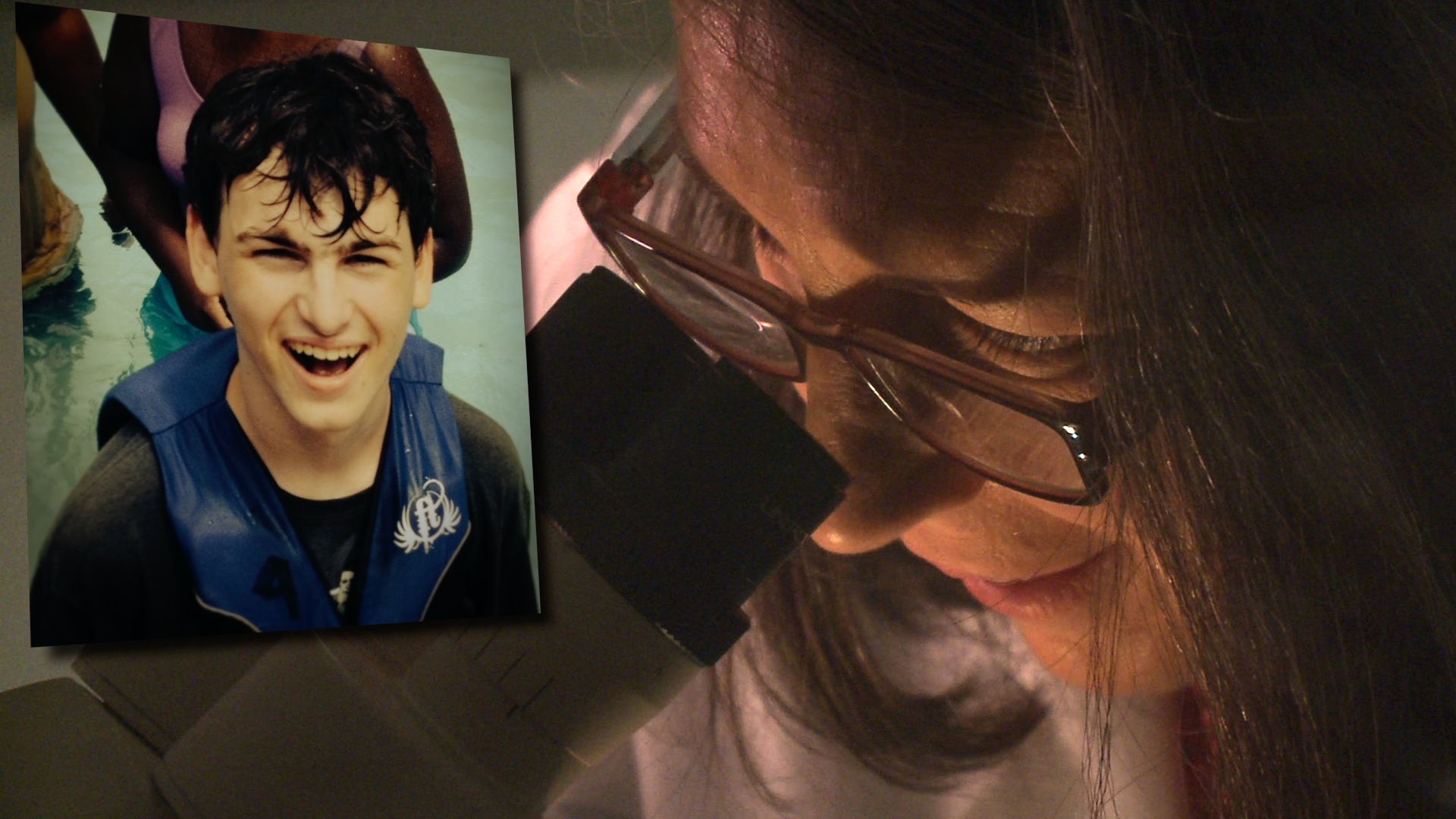
VUCast Extra: One mom’s race for a cure for son’s rare disorder
It’s a story of love and determination and a debilitating lifelong disorder. A son’s rare genetic disease has led his mom to become a scientist at Vanderbilt University. Watch this VUCast Extra and a mom’s race against time. Read MoreApr 7, 2015
-
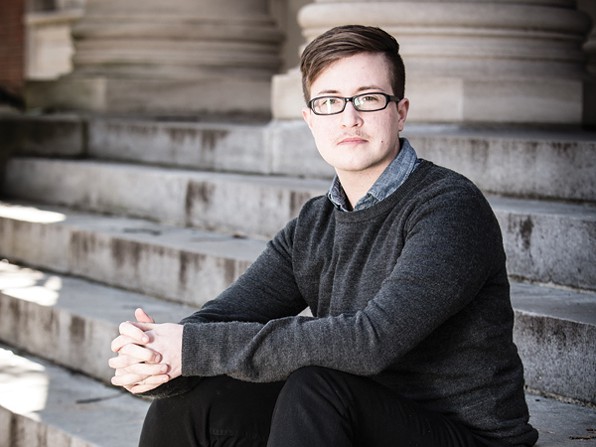
Nashville Scene “People” Issue 2015: The Punk-Rock Neuroscientist
Fifth-year neuroscience Ph.D. student Kale Edmiston is the assistant director of Vanderbilt's Program for LGBTI Health, studies the relationship between stress and autism in teenagers, and is attempting to teach himself Mandarin in preparation for postdoctoral studies in China...and he helms the queer punk record label Nervous Nelly with his partner, Shannon. Read MoreMar 20, 2015
-
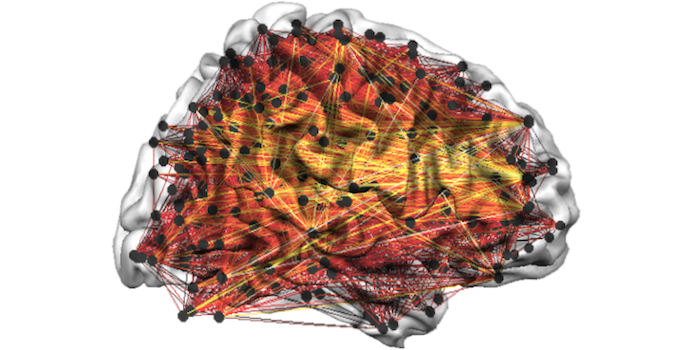
Network theory sheds new light on origins of consciousness
Vanderbilt University researchers took a significant step toward answering longstanding questions about the origins of consciousness with a recent discovery of global changes in how brain areas communicate with one another during awareness. Read MoreMar 9, 2015
-
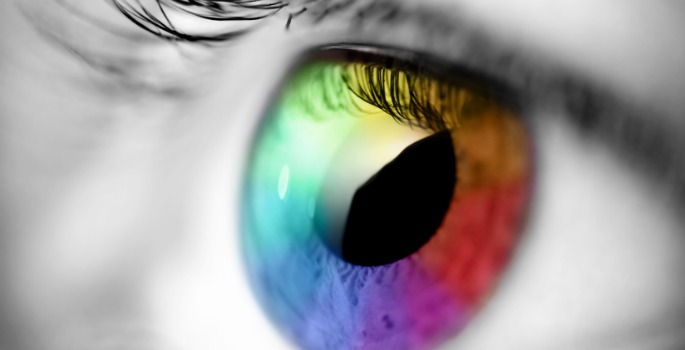
Results challenge conventional wisdom about where the brain begins processing visual information
A new brain imaging study challenges conventional wisdom about how and where in the brain the processing of visual orientation information first occurs. Read MoreMar 2, 2015
-
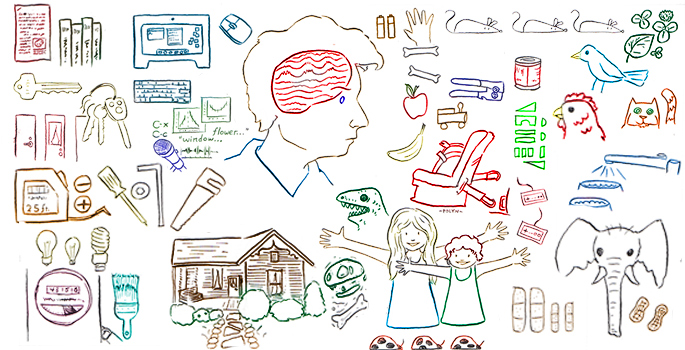
New insight on how brain performs ‘mental time travel’
A new brain mapping study pinpoints the areas of the brain responsible for “mental time travel." Read MoreFeb 17, 2015
-

White House assembles top minds in neuroscience and learning for workshop
Vanderbilt's Laurie Cutting was one of a select group of experts in neuroscience, cognitive science, developmental psychology and other disciplines invited to take part in a White House Office of Science and Technology Policy workshop. Read MoreFeb 3, 2015
-

New ‘reset’ button discovered for circadian clock
The discovery of a new "reset" button for the brain’s master biological clock could eventually lead to new treatments for seasonal affective disorder, reduce the adverse health effects of working the night shift, and possibly even treat jet lag. Read MoreFeb 2, 2015
-
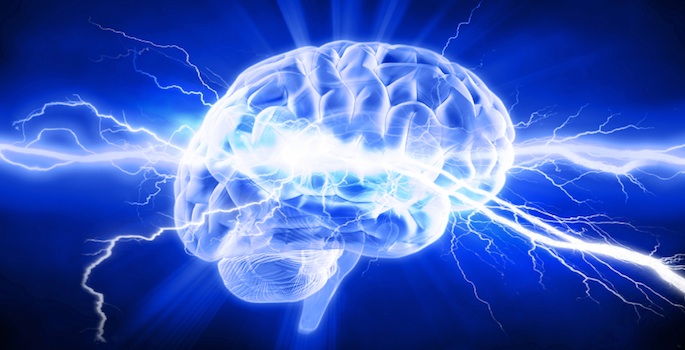
Electrical stimulation ‘tunes’ visual attention using long-term memory
Picking a needle out of a haystack might seem like the stuff of fairytales, but our brains can be electrically “tuned” to enable us to do a much better job of finding what we’re looking for. Read MoreJan 7, 2015
-
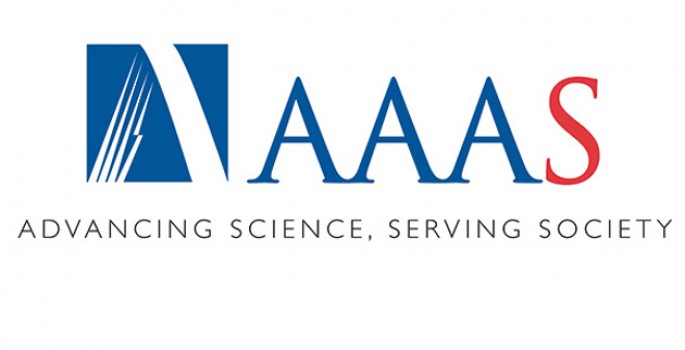
Twelve Vanderbilt faculty elected AAAS fellows
Twelve members of Vanderbilt's faculty have been elected fellows of the American Association for the Advancement of Science for their “scientifically or socially distinguished efforts to advance science or its applications.” Read MoreNov 24, 2014